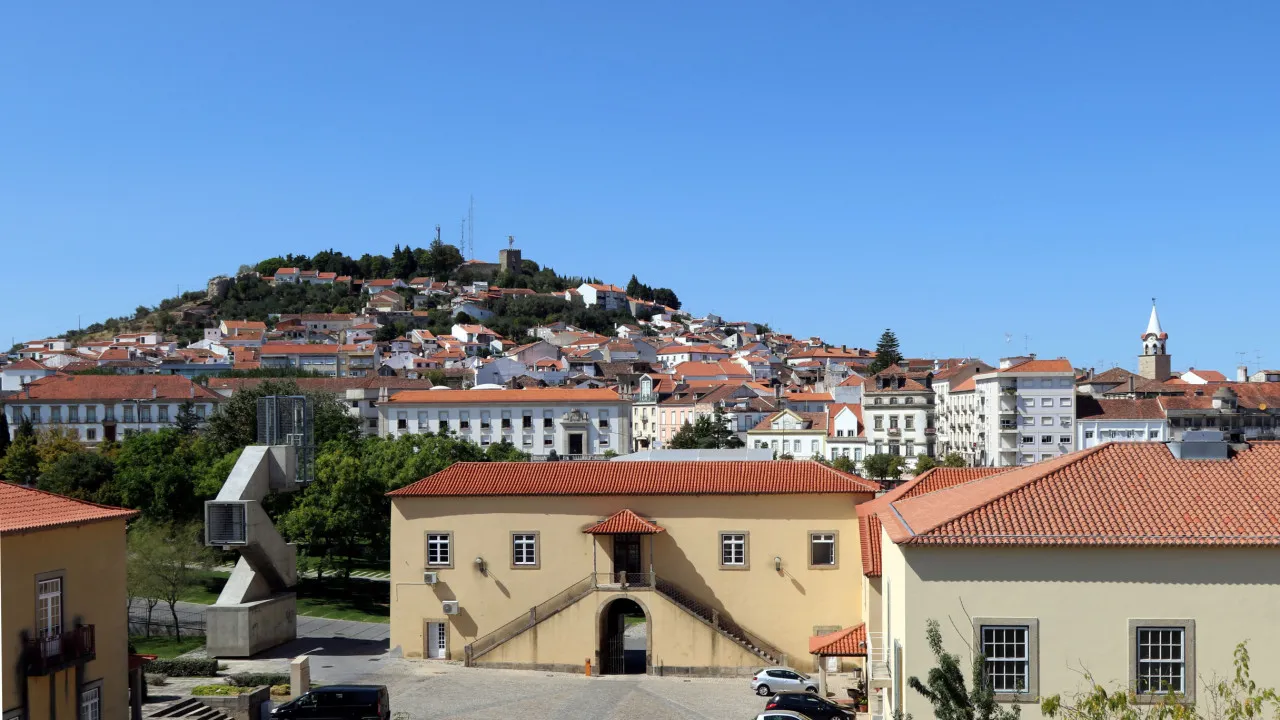
The TRIURBIR association, founded in 1997, aims to promote the economic development and dynamism of the four municipalities it comprises, utilizing the European Union’s cross-border cooperation programs and assistance.
The municipality of Castelo Branco announced that a project, estimated at three million euros, will facilitate the systematic management and restoration of religious and spiritual heritage in border regions.
The Cultural Network of Cross-border Spiritual Municipalities (CULMET) includes three associated dioceses: Coria-Cáceres, Plasencia, and Portalegre-Castelo Branco, in addition to the four TRIURBIR cities.
A recent TRIURBIR meeting reviewed this project and its application for European funding.
CULMET aims to strengthen culture and tourism as drivers of economic development, fostering social inclusion and innovation.
As part of this project, Castelo Branco will establish a pilgrim reception center, while Portalegre will restore the cultural space Quinta da Saúde.
In Cáceres, efforts will focus on refurbishing the Hermitage of São Vito, and in Plasencia, the sustainable regeneration of the Jewish cemetery as a tourist resource will take place.
The cross-border association’s executive council meeting, presided over by the Spanish city of Cáceres, approved a budget of 350,000 euros for joint activities across the four cities.
This budget will support various activities to enhance visibility in tourism, sports, gastronomy, nature, and religion.
Cáceres, taking over from Plasencia, will lead TRIURBIR and host two business events: one in Autumn 2025 in Castelo Branco and another in Spring 2026 in Cáceres.
These events aim to foster ties and business dynamics across the border.
The association also reiterated the importance of constructing the IC31 highway to connect Spanish Extremadura with Portugal (Monfortinho), improving travel, tourism, and business opportunities.
TRIURBIR members signed a manifesto supporting Cáceres’ bid for European Capital of Culture 2031.
TRIURBIR was established by the Spanish cities of Cáceres, Plasencia, and the Portuguese city of Castelo Branco. A decade later, in 2007, Portalegre joined the network.
The presidency rotates among the participating cities, focusing on enhancing social, cultural, and economic development through cross-border initiatives.




